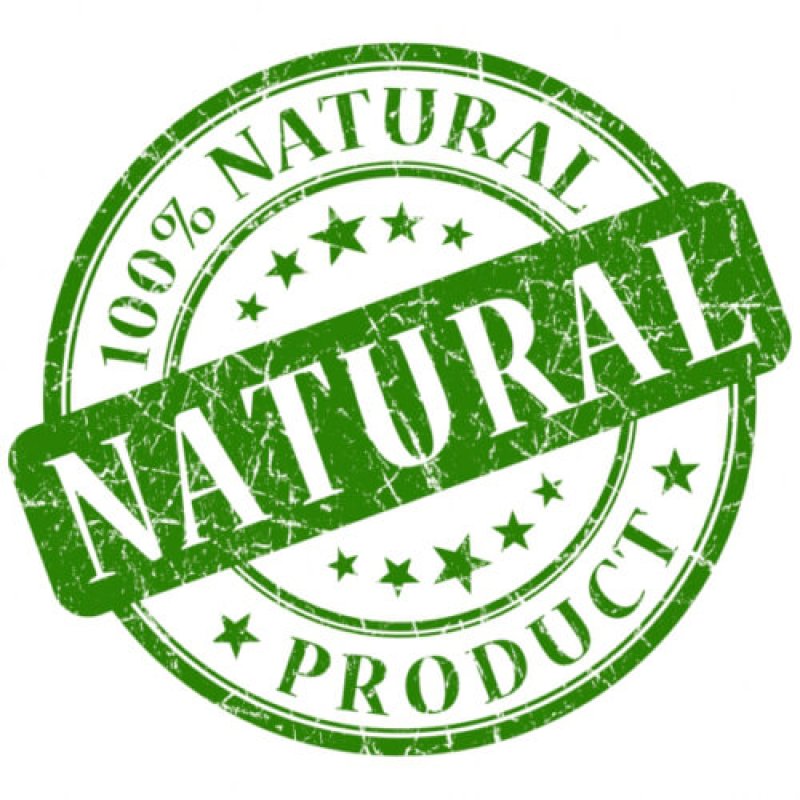Since pesticides and herbicides are routinely in the news, lately because of the “Glyphosate Wars,” (2) I thought it might be interesting to examine a review article that [Bruce] Ames and colleagues wrote nearly three decades ago in Proceedings of the National Academy of Sciences (PNAS). If you are dwelling under the illusion that you can prance into Whole Foods and overpay for a bunch organic stuff without pesticides, this article will disabuse you of that fallacy. If you don’t want to consume pesticides, then you better stop eating, because you are consuming them with each bite. Plenty of them. According to Ames:
- 99.99% (by weight) of the pesticides consumed by the American public are made by the plants themselves as a defense mechanism.
- Synthetic and natural pesticides are equally likely to be carcinogenic.
…
The divide between “natural” and “artificial” chemicals is meaningless – something many Americans do not know. The origin of a chemical is irrelevant. Your body cannot tell what is natural or synthetic – only the properties of the chemical matter.
…
It is hard to blame consumers; the organic food industry and Internet quacks have done a masterful job in creating a narrative that maintains that we are all being poisoned by tiny quantities of thousands of man-made chemicals, and the way to avoid this is to buy so-called “natural” products because they don’t contain chemicals. But the narrative is dead wrong. Great marketing. Terrible science.
Read full, original post: 99.99% Of The Pesticides We Eat Are Made By Plants































